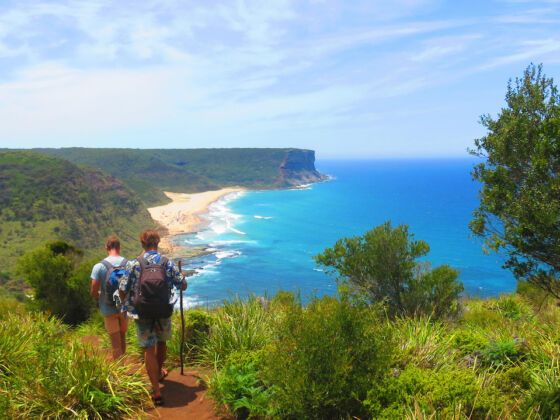1. Stay on the trail.
Especially when mud puddles or photographs are involved, it’s sometimes tempting to wander off the trail. The long term effect is to create new paths that carve up formerly pristine areas. Not only does this look ugly, but it can hurt fragile plants and, over time, denude landscapes. Better to get your shoes a little dirty or sacrifice that perfect photo.
